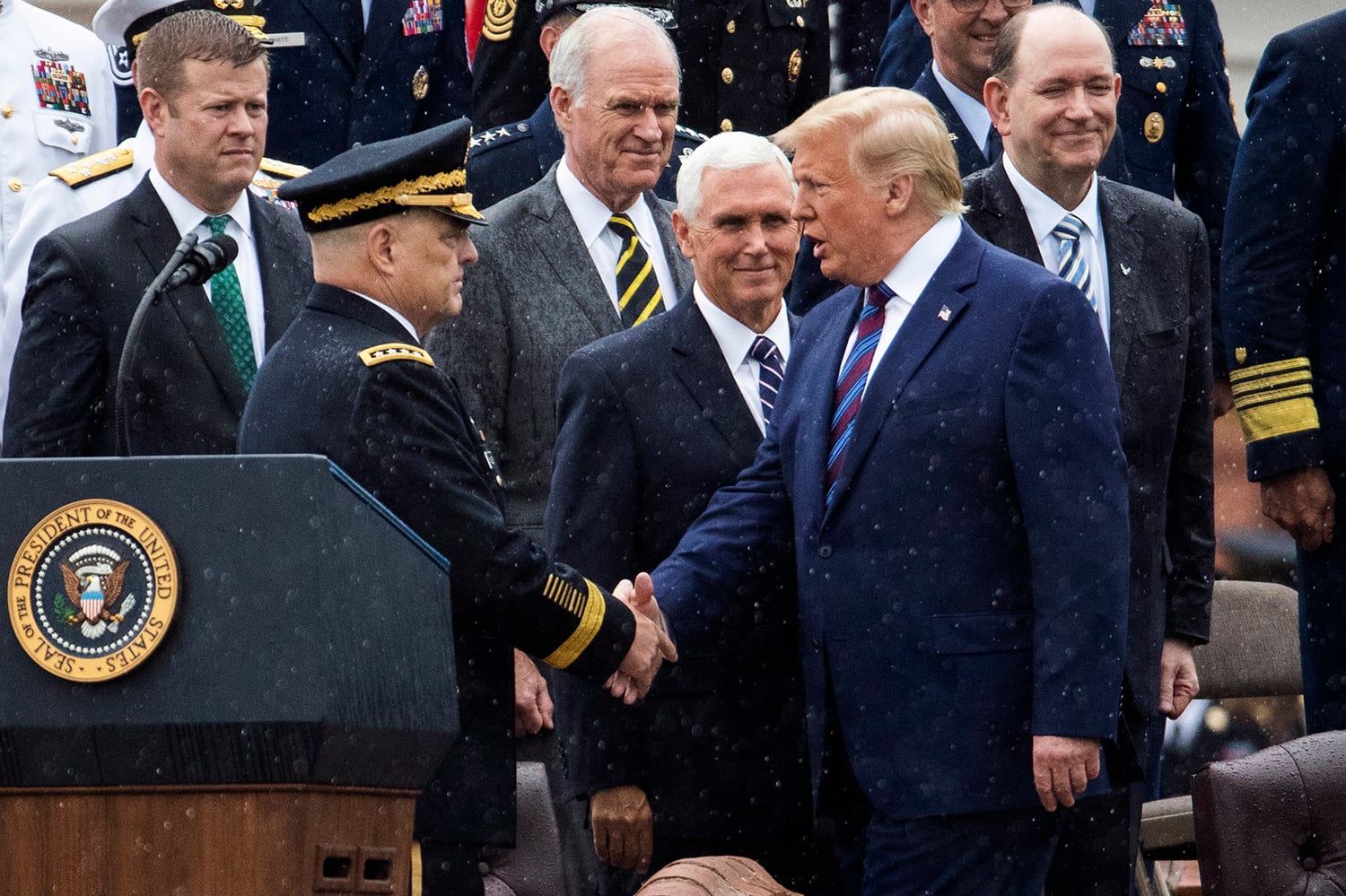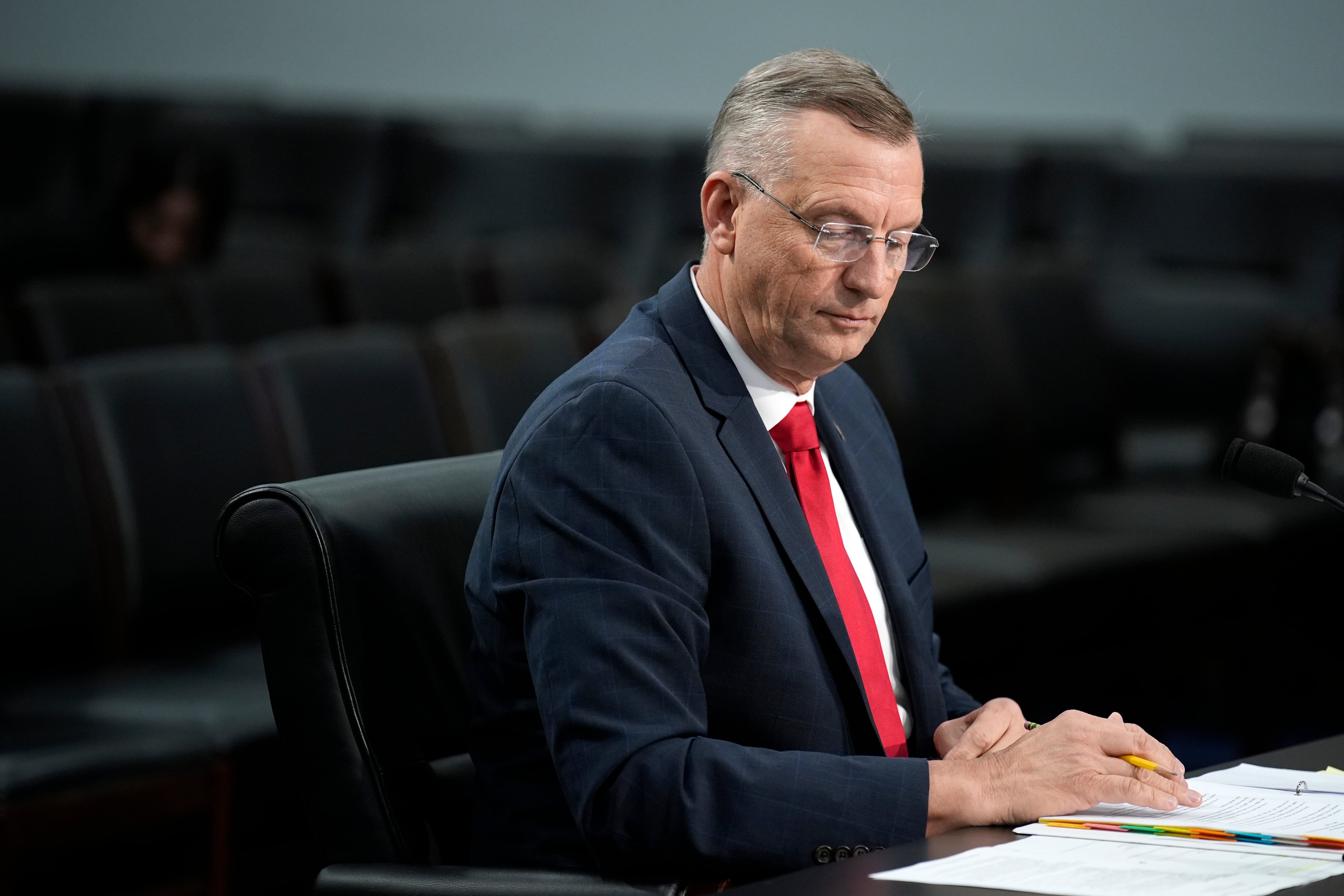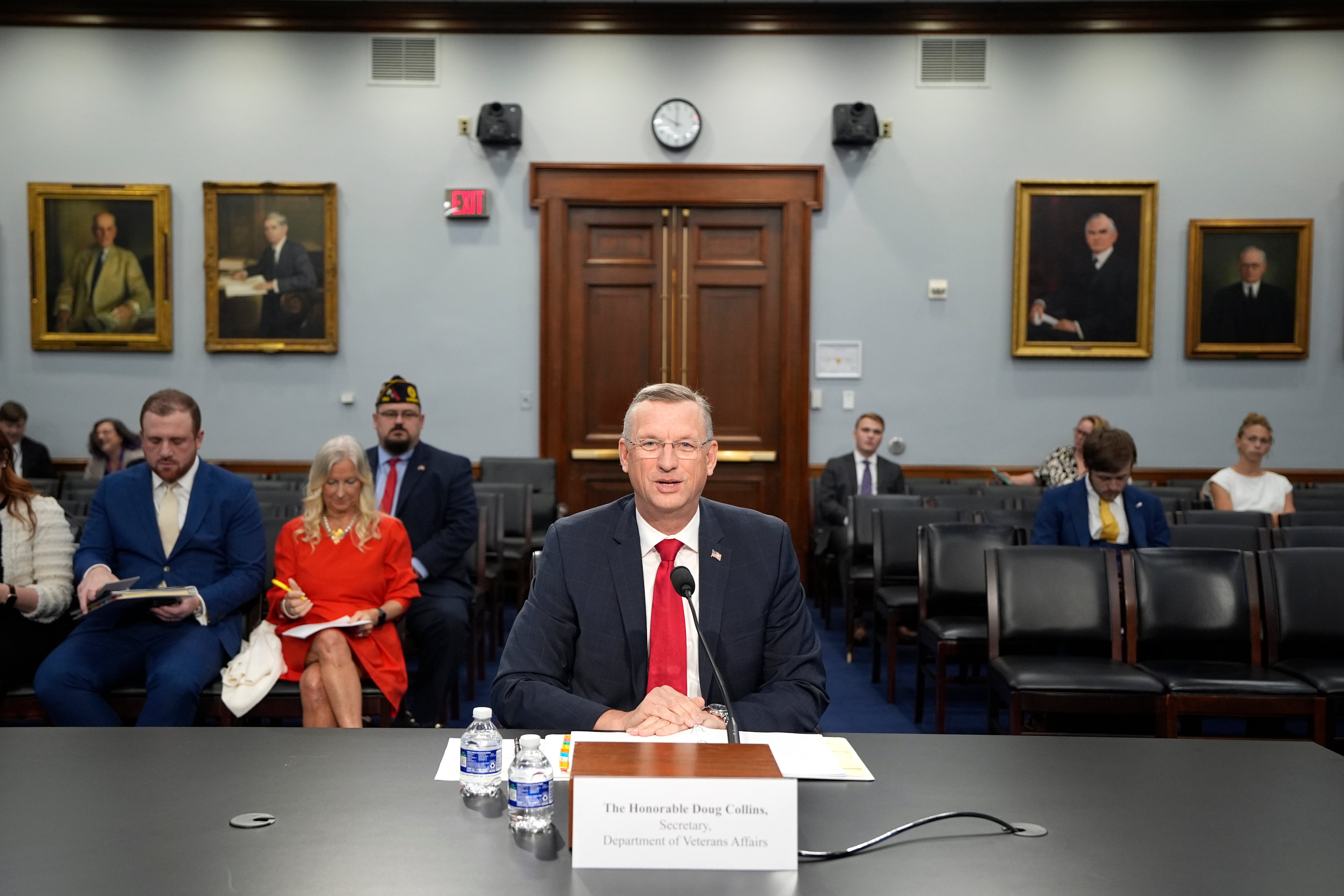The U.S. military effort to help contain the Ebola virus at home and in West Africa is gaining steam.
A 30-person medical team that would provide short-notice help and support to civilian hospitals that might deal with Ebola cases in the U.S. began training Wednesday at Joint Base San Antonio, Texas.
Meanwhile, at least 120 members of the 101st Airborne Division (Air Assault) at Fort Campbell, Kentucky, deployed this week on nine-month orders to Monrovia, Liberia, to provide administrative support and medical services for U.S. troops supporting Operation United Assistance.
Other units expected to deploy in late October and early November include 600 more soldiers from Fort Campbell; 175 soldiers from the 35th Signal Brigade (Theater Tactical), Fort Gordon, Georgia, and Fort Bragg, North Carolina; members of the the 53rd Transportation Battalion, Fort Eustis, Virginia; and the 615th Engineer Company, Fort Carson, Colorado.
In one month, the effort grew from a small command cadre to a full-scale joint humanitarian mission, with U.S. Transportation Command moving medical supplies, portable hospitals and aid into Liberia, Navy lab specialists manning test facilities and Marines with Special-Purpose Marine Air Ground Task Force Crisis Response Africa ferrying personnel and supplies to remote areas.
Amid concerns over troop health and safety, Army Gen. Martin Dempsey, chairman of the Joint Chiefs, posted a video on official Defense Department channels and YouTube on Tuesday to quell concerns about the deployment.
Dempsey called the mission a "national security priority" and said DoD will do everything possible to protect the health of its personnel before, during and after their deployments.
According to DoD guidance, deploying service members are being trained on preventive measures and the use of personal protective equipment, will be monitored for symptoms at least twice a day while deployed and assessed for symptoms before returning home.
Once back in the U.S., they will be checked twice daily for symptoms for 21 days and restricted from taking leave or temporary duty.
Ebola has infected nearly 10,000 people in West Africa, primarily in Sierra Leone, Guinea and Liberia.
As of last Sunday, some 4,555 had died, according to the World Health Organization.
In the U.S., a Liberian who traveled to Dallas died of the disease, two health care workers who contracted Ebola from the man are recovering, and five other Americans who contracted the disease in West Africa and traveled to the U.S. for treatment have survived.
Defense Secretary Chuck Hagel on Sunday ordered U.S. Northern Command to establish the military rapid response team for domestic deployment in response to a request from the Health and Human Services Department.
The team of 20 critical care nurses, five doctors trained in infectious diseases and five trainers who would train civilian health care workers in infectious disease protocols is made up of 15 soldiers, six airmen and nine Navy personnel, according to NORTHCOM officials.
The team members, who are being trained by the U.S. Army Medical Research Institute of Infectious Diseases, was expected to train for a week and return to their home duty stations where they will remain ready to respond within 72 hours if needed, said U.S. Army North spokesman Don Manuszewski.
Michelle Tan is the editor of Army Times and Air Force Times. She has covered the military for Military Times since 2005, and has embedded with U.S. troops in Iraq, Afghanistan, Kuwait, Haiti, Gabon and the Horn of Africa.
Patricia Kime is a senior writer covering military and veterans health care, medicine and personnel issues.





